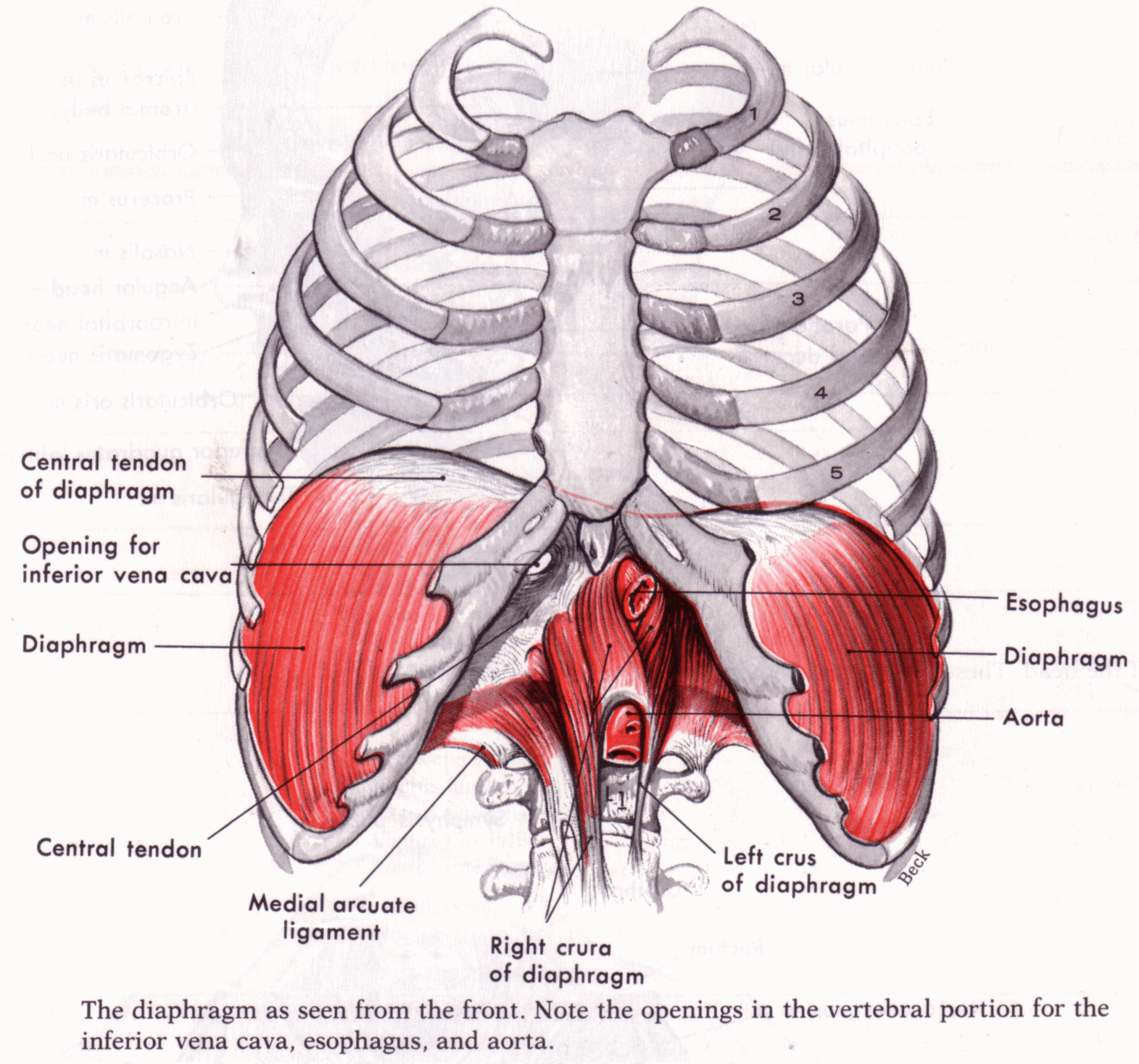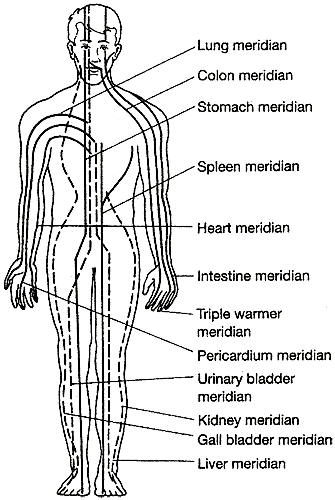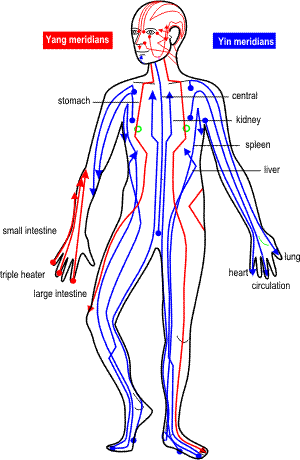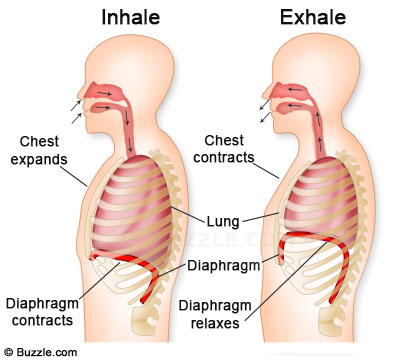Articles, Chinese Medicine, Internal Medicine, Uncategorized, Yin, Restorative and Meditation
The Power of the Diaphragm – Part II
In the first part of this article we looked at the connection of the diaphragm to the parasympathetic nervous system. Within that article, we showed the potential to affect the entire body with simple breathing techniques. In this segment, I want to look at the energetic connection to the diaphragm from a Chinese Medicine perspective.
There are several distinct roles that the diaphragm plays in the body on an energetic level. Firstly, is its capacity to regulate the flow of energy throughout the body. In Chinese Medicine, the diaphragm is the gateway between the upper and lower parts of the body. Therefore, its job is to regulate the ascending and descending functions of the body. This is represented in our ability to transport qi, blood and fluids to the entire body to nourish the brain & internal organs. Additionally, it manages the functions of respiration and digestion. Because of this, the diaphragm serves a vital role in regulating energy flow throughout the body.

Impact on Meridians
Another role of the diaphragm is its connection to all of the 14 main meridians. All 1 4 meridians pass through it, either superficially or internally. Because each of these meridians connects internally to the organs, the diaphragm has tremendous potential to affect our bodies. The superficial meridians innervate the muscles and tissues, and the internal meridians control the deeper functioning of the internal organs. As we know from the previous article, this also happens via the parasympathetic nervous system stimulation from the diaphragm.
These regulatory functions of the diaphragm allow it to act as a moderator of yin & yang in the body. The diaphragm has the potential to be fierce and intense in its ability to nourish the body. Thus behaving in a very yang way. It quickly steps into action when needed, performing in instances like sprinting where we need a quicker exchange rate of oxygen in the body. However, for most of our day, we need not pay any attention to the breath. Our breath just quietly meanders through its role in a quiet and seamless way. Thus, it fulfills its more yin qualities in the body. It’s this yin quality that calms our body into a state of grace both within our practice and within our lives.

One of the things that intrigues me most about the diaphragm is its power to command nourishment to the entire body and at the same time its capacity to be effortless and soft in its transactions embodying both yin and yang qualities sometimes even simultaneously.
It’s this balance of masculine & feminine or yin & yang that commands our attention to this muscle in our lives and especially in our practice. The strength and delicacy that makes the diaphragm so powerful in both its effort & effortless functions within the body are a powerful tool to be utilized both on & off the mat.

Stress & Emotions
On a more emotional level, the diaphragm is also said to be the bridge or shield between the conscious & unconscious emotions in Chinese Medicine. The diaphragm tends to be a place where we store unconscious emotional tension or grief. As yogis we have the ability to use our conscious regulation of this muscle to modulate that response. During times of high stress or emotional intensity this muscle can get rigid and bound down. Which creates more problems from a decrease in the oxygenation of the tissues that follows.
Tension in the diaphragm can affect the parasympathetic nervous system response. This can contribute to the stress response cycle, or affect the meridians that pass through it. This impact on the meridians has the power to affect the entire energetic system. Since the diaphragm has a strong connection to the digestive organs that sit underneath it and can be a place of stored trauma, it can cause tension or stress in the body.

Like with many parts of our yoga practice we can approach it from either end. We can look at sources of stress in our lives that may be perpetuating tension here. Alternatively, we can work with the diaphragm to alter the internal stress responses of the body. The diaphragm can be an emotional storage point or it can be a gateway to emotional processing. Either way, you can see that not only does it have huge implications for our physical & physiologic health, it is also deeply connected to our energetic & emotional health.
With its ability to regulate the upward and downward movement in the body and its connection to the meridians, the diaphragm has the capacity to affect both the regulation of energy throughout the body as well as the functioning of the organs. Put that together with its connection to the Parasympathetic Nervous System outlined in the previous article, its regulation of yin & yang and the emotions and you can easily see how powerful the effects of working with this one muscle can be from both an eastern & western approach.













